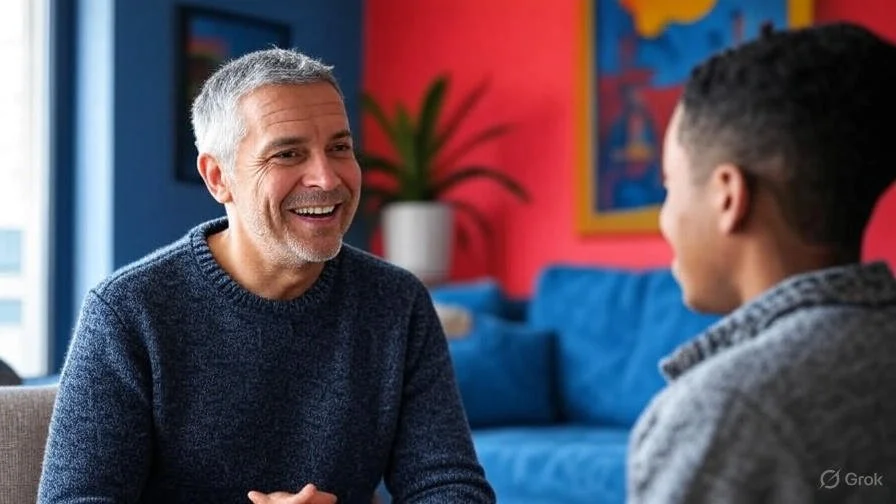English for Small Talk: How to Start & Keep a Casual Conversation Going
Ever freeze during small talk, unsure what to say? It’s just a friendly bridge—weather, weekends, coffee. With a few natural starters and easy follow-ups, you’ll keep conversations flowing without awkward silences. Learn simple, real-life phrases to start confidently, stay interesting, and exit politely. Ready to chat like a native? Let’s begin!

Grab the InSync English January Sale: 50% Off Online English Classes – Your Perfect Time to Start Speaking Fluently!
Grab 50% OFF online English classes in Insync English’s January 2026 Sale! Native speaker tutors, 1-on-1 lessons, mini-groups & Business English. Start with a free trial class today – limited time offer!

Why English Fluency Matters in a Globalized World
English, spoken by over 2 billion people, is the global language of opportunity. Fluency drives career growth, enabling confident meetings and global networking on platforms like LinkedIn. It unlocks knowledge, with 80% of online content in English (W3Techs), and enhances travel experiences. Practice daily with news or conversation clubs, and set goals like mastering 10 phrases weekly. InSync English offers tailored courses to help you thrive. Discover how fluency connects you to a globalized world in the full guide—start your journey with a free consultation today!

The Ultimate Guide to English for Business Professionals
English drives professional success, powering over 80% of global transactions (EF English Proficiency Index). This 100-word excerpt reveals its importance and key skills. Master email writing with polite phrases like “Could you share the report by Friday?” instead of casual tones. Deliver confident presentations by starting with “I’ll outline our sales strategy” and refining pronunciation. Grasp idioms like “touch base” to sound natural. Clear communication builds trust and opens doors. Dive into more practical tips and discover how InSync English’s tailored courses can elevate your career. Explore the full guide to unlock your potential today!

Why AI Can't Replace Real Native Speakers for Learning English
While AI offers convenient language practice, it lacks the cultural depth and emotional connection of native speakers. A real conversation with a native speaker brings authentic pronunciation, personalized feedback, and confidence-building interaction that AI simply can't replicate. For true English mastery, human connection remains essential.

How to Prepare for English Proficiency Exams Like IELTS or TOEFL
Preparing for IELTS or TOEFL requires a clear strategy and consistent practice. Start by mastering the exam format, create a tailored study plan, and focus on each skill—listening, reading, writing, and speaking. With high-quality resources and simulated test conditions, you can build confidence and aim for your target score. Dive into actionable tips and expert guidance to ace your exam with InSync English!

English Through Games: Level Up Your Skills
Gaming isn’t just for fun—it’s your secret English weapon. Whether it’s shouting ‘run!’ in Fortnite or winning at Uno, you’re learning without even trying.

Cook in English: Learn a Recipe, Master New Words
Hungry? Let’s make dinner and learn English at the same time. Chop,’ ‘mix,’ ‘fry’—these words are your ingredients for a meal and a language boost.

World English Day: What It’s All About and Why InSync English Is Your Go-To for Leveling Up!
Ever heard of World English Day? It’s like a global party for the English language, happening every April 23rd! Think of it as a high-five to English for connecting over 1.5 billion people—whether they’re ordering tacos in London or gaming with buddies in Australia. And if you want to join the fun with killer English skills, InSync English is your secret weapon. Let’s break it down!

How to Text Your Friends in English (and Sound Cool)
Want to text like a native? ‘Hi, how are you’ is fine, but ‘Yo, what’s good?’ is way cooler. Let’s unlock the secrets of English chats—no stress, just fun.
